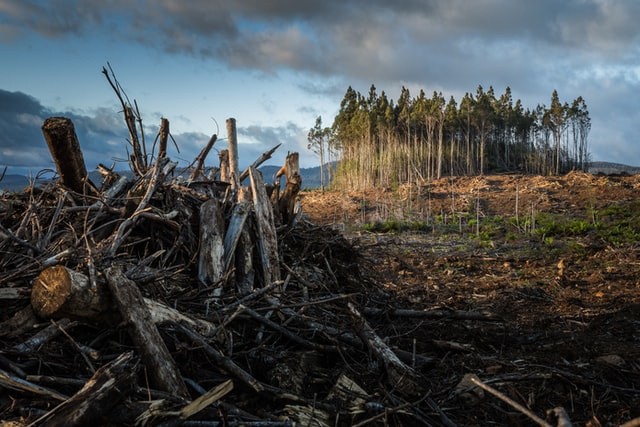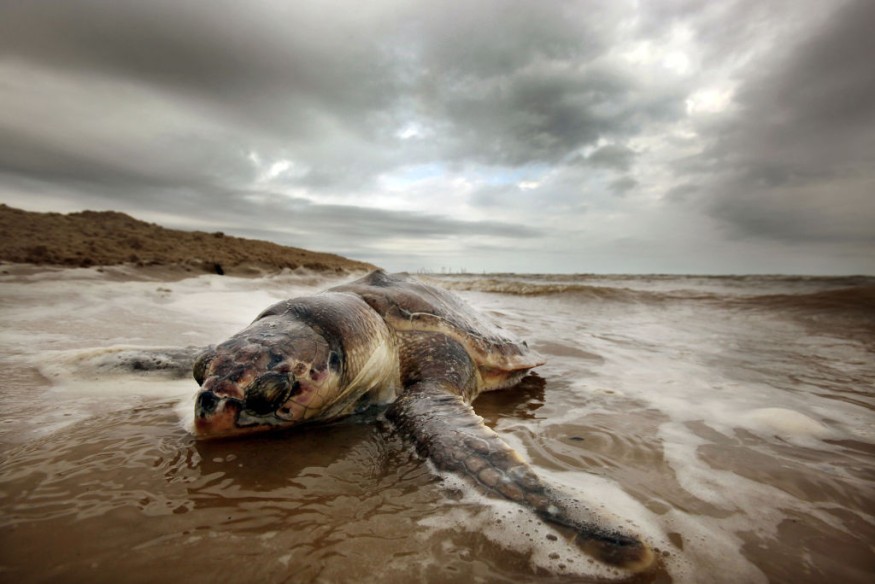Research warned that more than one in 10 species may vanish by the end of the century.
According to modeling, if we stay on our current course, global warming will cause a cascade of extinction in various plant and animal species.

According to new research cited by The Guardian, the number of plant and animal species on Earth could decrease by more than a tenth by the end of the century if current trends continue.
This finding comes as nearly 3,000 scientists call on governments to take action to stop the destruction of nature in the final days of the Cop15 negotiations.
Co-extinction Risk
According to the researchers, who warn of the risk of co-extinction in a paper published in Science Advances, the climate crisis will cause an accelerating cascade of extinctions in the coming decades as the temperature rises to shatter Earth's web of life and predators lose their prey, parasites lose their hosts, and parasites lose their hosts.
The IUCN Red List, where scientists have published their study on risks to more than 150,388 species, is where the extinction risk of plants and animals is routinely tracked.
There, they found that more than 42,000 species may become extinct due to human behavior.
However, the current study employed a supercomputer to simulate a synthetic Earth with virtual species to grasp better the potential impact of global warming and land use change on the web of life.
In a middle-of-the-road emissions scenario, which the world looks to be heading for, the researchers predict that 6% of plants and animals will vanish by 2050, rising to 13% by the end of the century.
They predicted that by 2100, 27% of plants and animals might be extinct due to global warming.
Affecting the Food Web
The study's lead author, Dr. Giovanni Strona, a former researcher at the University of Helsinki who the European Commission now employs, said, "We have populated a virtual world from the ground up and mapped the resulting fate of thousands of species across the globe to determine the likelihood of real-world tipping points."
This work is special because it estimates how species extinctions in local food webs affect biodiversity and their consequences.
According to the study's co-author, Prof. Corey Bradshaw of Australia's Flinders University, the findings show that interconnections within food webs exacerbate biodiversity loss.
"Imagine a predatory creature losing its prey due to climate change.
Because the prey species perished directly from a disturbance, its death is considered a "primary extinction."
However, without food, its predator will likewise become extinct (a co-extinction).
Or consider a parasite losing its host due to habitat destruction or a blossoming plant losing its pollinators due to an increase in temperature.
According to him, all species rely on one another in some manner.
Running Models

Scientists used hundreds of virtual Earths with more than 33,000 species to examine how interactions between virtual plants and animals altered due to various causes of biodiversity loss.
According to researchers, who discovered that climate change would be the primary cause of extinctions, the virtual species were able to recolonize new areas of the Earth and adapt to changing conditions in the model.
The report is released as Montreal's largest biodiversity conference in a decade reaches a turning point in its discussions.
The aims for this decade to safeguard the biodiversity of Earth are being discussed by more than 100 environment ministers from around the world.
This weekend, late-night conversations about how to finance new draft conservation objectives to safeguard 30% of Earth and repair an area the size of China is anticipated as the city experiences its first significant winter blizzard.
Global Effort
More than 2,700 experts signed an open letter urging countries to address resource overconsumption in the final version and to start reversing biodiversity loss by 2030.
For more news update about Environmental Action, don't forget to follow Nature World News!
© 2025 NatureWorldNews.com All rights reserved. Do not reproduce without permission.





